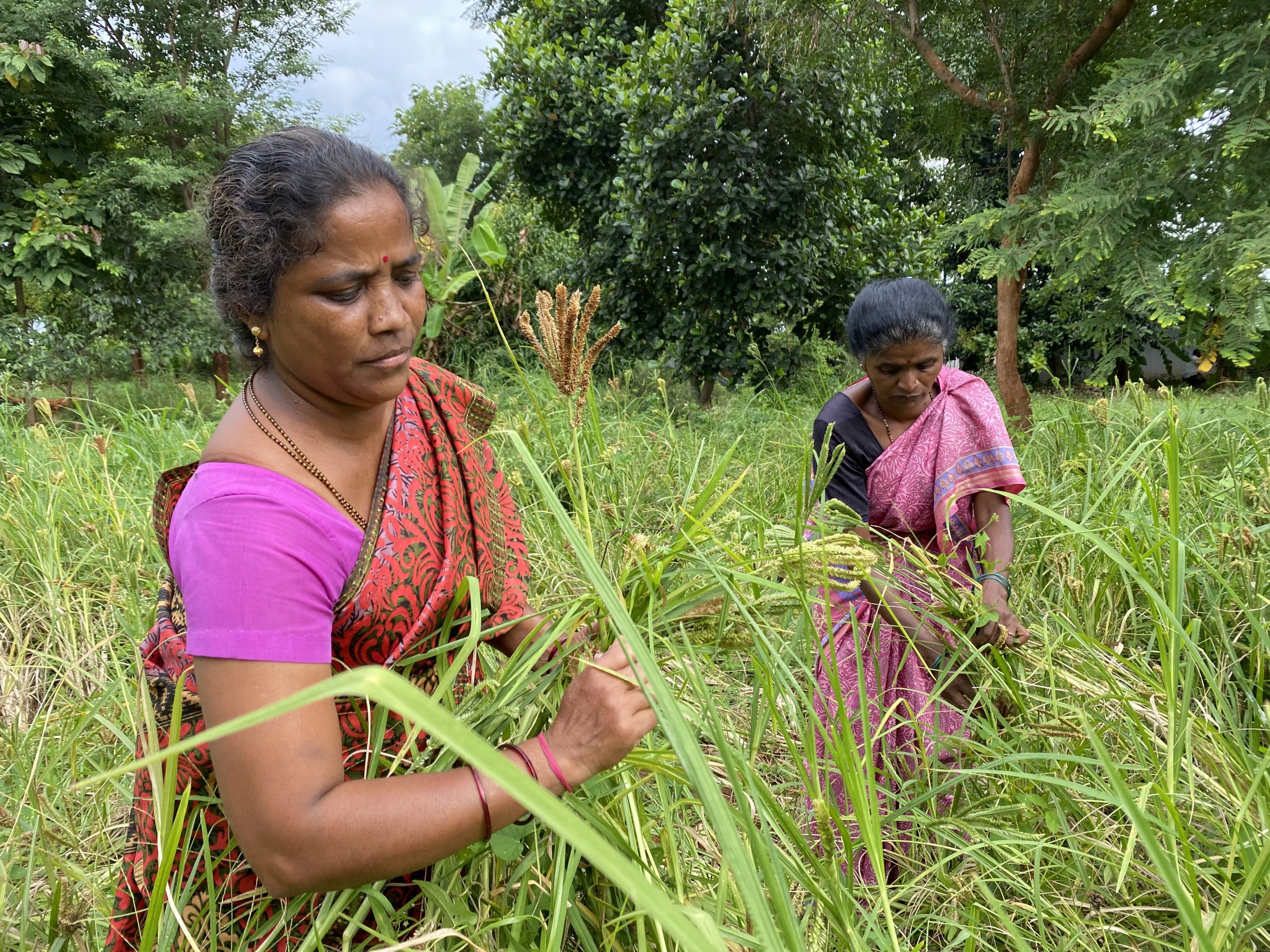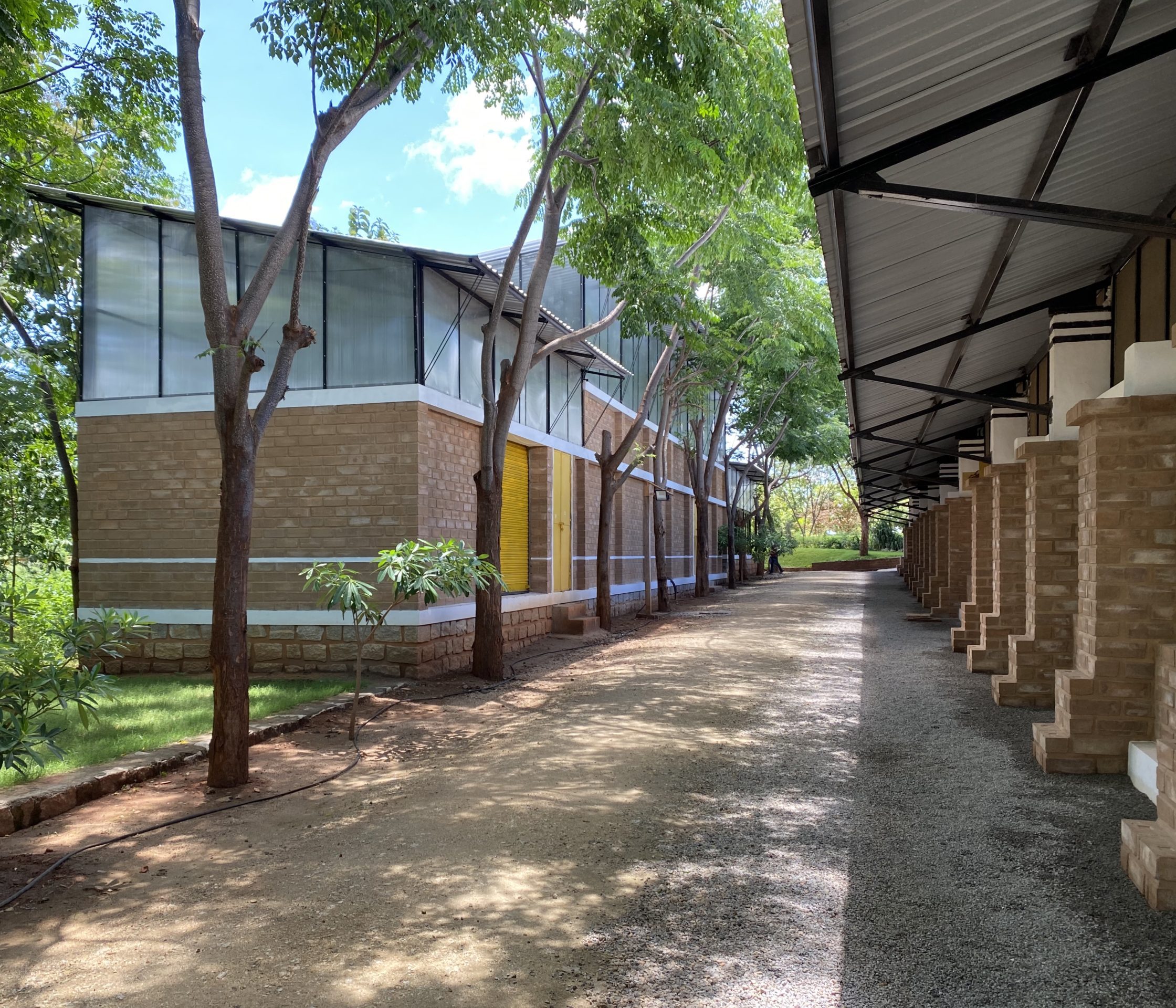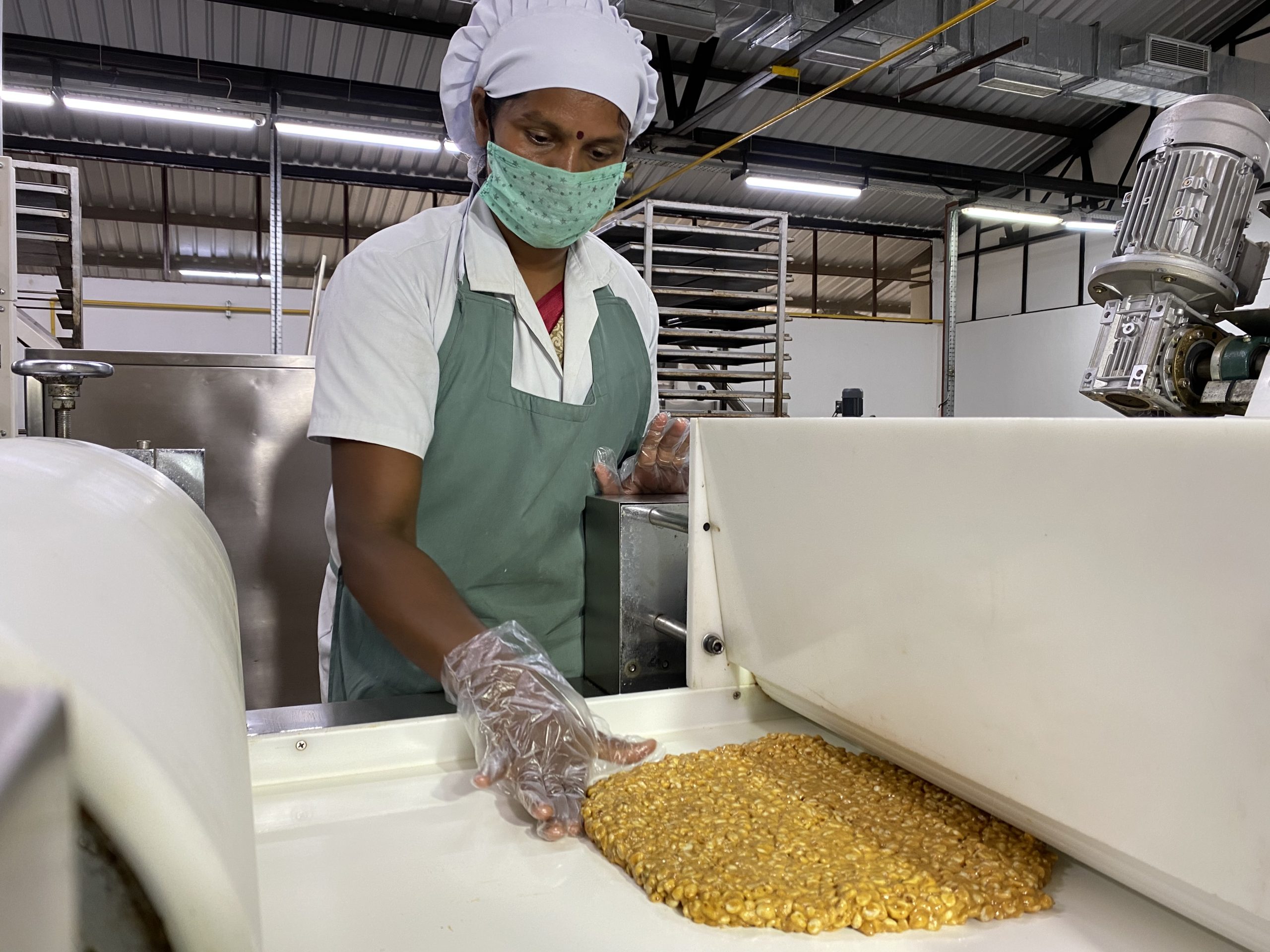


Farmerpreneur
Redefining Rural Prosperity
Conventional Model: A Broken System
In today’s agricultural system, farmers receive a mere 12% of their harvest’s value, while middlemen claim the bulk-stifling rural prosperity. This inequity fuels migration to cities, traps women in underpaid roles, and erodes local economies, demanding a bold new approach.

Farmers
Middleman

Processing Unit
Middleman

Packaging Unit
Middleman

Consumers

Farmers
Middlemen

Processing Unit
Middlemen

Packaging Unit
Middlemen

Consumers

Farmers
Middlemen

Processing Unit
Middlemen

Packaging Unit
Middlemen

Consumers
Farmerpreneur Model: Redefining Rural Prosperity
The Farmerpreneur Model empowers farmers to grow, process, and sell directly, slashing middlemen to boost earnings from 12% to 80%—igniting jobs, empowering women, and revitalizing rural economies for a sustainable future

Farmerpreneur
No-Middleman

Consumer

Farmerpreneur
No-Middleman

Consumer
A Fairer System for Farmers
Income equity restored
12
%
Villagers thriving
0
+
Less Migration
0
%
Redefining Rural Prosperity
Farmers deserve more than 12% of their harvest’s value. Our Farmerpreneur model cuts out middlemen, putting farmers in charge of processing and profits—unlocking up to 80% of earnings for rural communities.
Farmers put in months of hard work to grow food, yet they receive only a small portion of the final price. Middlemen, manufacturers, and distributors take the majority of the earnings, leaving farmers with just 12% of the total value. In processed foods, this gap widens even further, making it nearly impossible for farmers to earn a fair livelihood despite their critical role in food production.
This unfair system pushes many farmers to migrate to cities in search of better-paying jobs. However, they often end up unemployed or working in low-paying service jobs that do not match their skills. The high cost of living in cities makes survival difficult, forcing many to live in poor conditions. Women, who contribute equally to farming, are often overlooked and end up in underpaid labor, further worsening their economic situation.
Farmer - Owned Processing
Instead of relying on middlemen, farmers can take control of the entire food production process by growing, processing, and packaging food locally. By setting up processing units near farms, they can retain more value and earn a fair price for their work. This model not only increases their income but also creates stable job opportunities for women in their own communities. With direct distribution to consumers, fresh and nutritious products reach the market without unnecessary intermediaries taking a share of the earnings.
A Fairer System for Farmers
By eliminating middlemen and empowering farmers to process their own produce, the income distribution shifts from 12% to as much as 80%, making farming more profitable and sustainable. With better earnings, farmers can improve their quality of life, stay in their villages, and contribute to stronger local economies. This approach not only ensures fair wages but also strengthens rural communities, making agriculture a viable and respected profession.
